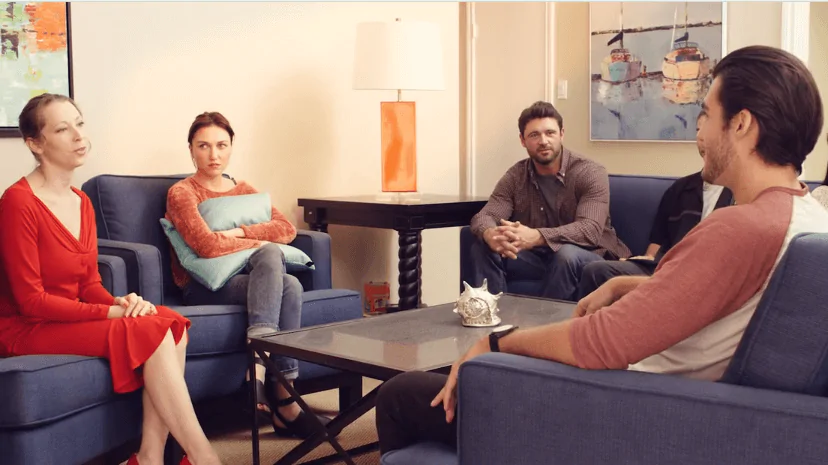24/7 Helpline:
(866) 899-111424/7 Helpline:
(866) 899-1114
Learn more about Schizophrenia Treatment centers in Crescent Lake
Other Categories in Crescent Lake

Other Insurance Options

PHCS Network

Highmark

Humana

Providence

Ambetter

Medical Mutual of Ohio

UnitedHealth Group

Cigna

BlueCross

Private insurance

Anthem

CareSource

Covered California

Magellan

Oxford

Horizon Healthcare Service

Sutter

Absolute Total Care

CareFirst

Kaiser Permanente


Klamath Tribal Health & Family Services
Klamath Tribal Health & Family Services is a public rehab located in Klamath Falls, Oregon. Klamath ...

Lutheran Community Services – Klamath Basin Office
Lutheran Community Services – Klamath Basin Office is a private rehab located in Klamath Falls, Oreg...

Full Circle Healing
Full Circle Healing is a private rehab located in Klamath Falls, Oregon. Full Circle Healing special...

Klamath Basin Behavioral Health
Klamath Basin Behavioral Health is a private rehab located in Klamath Falls, Oregon. Klamath Basin B...

Dragonfly Transitions
Located in southern Oregon, Dragonfly Transitions is a 9-12 month program. Designed with progressive...

Transformations Wellness Center
Transformations Wellness Center is a private rehab located in Klamath Falls, Oregon. Transformations...




























































































































BestCare – Residential Treatment
BestCare Residential Treatment is a drug and alcohol rehab for adults in Klamath Falls, Oregon. They...

Klamath Basin Behavioral Health – Phoenix Place
Klamath Basin Behavioral Health is a drug and alcohol treatment clinic for adults and adolescents in...

Crossroads to Recovery
Crossroads to Recovery is a private rehab located in Klamath Falls, Oregon. Crossroads to Recovery s...

BestCare – Outpatient Treatment
BestCare - Outpatient Treatment is located in Klamath Falls, Oregon. BestCare - Outpatient Treatment...







































